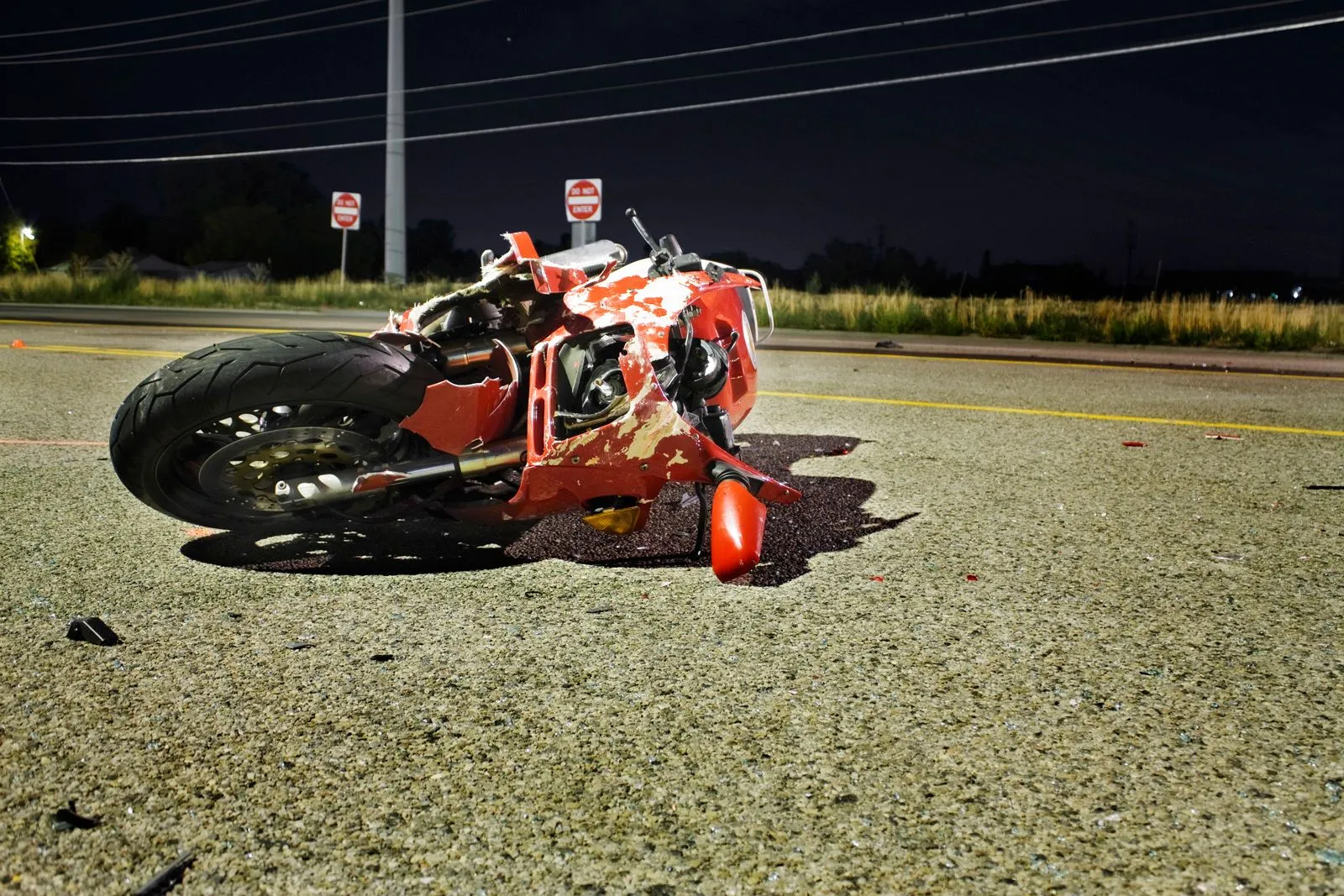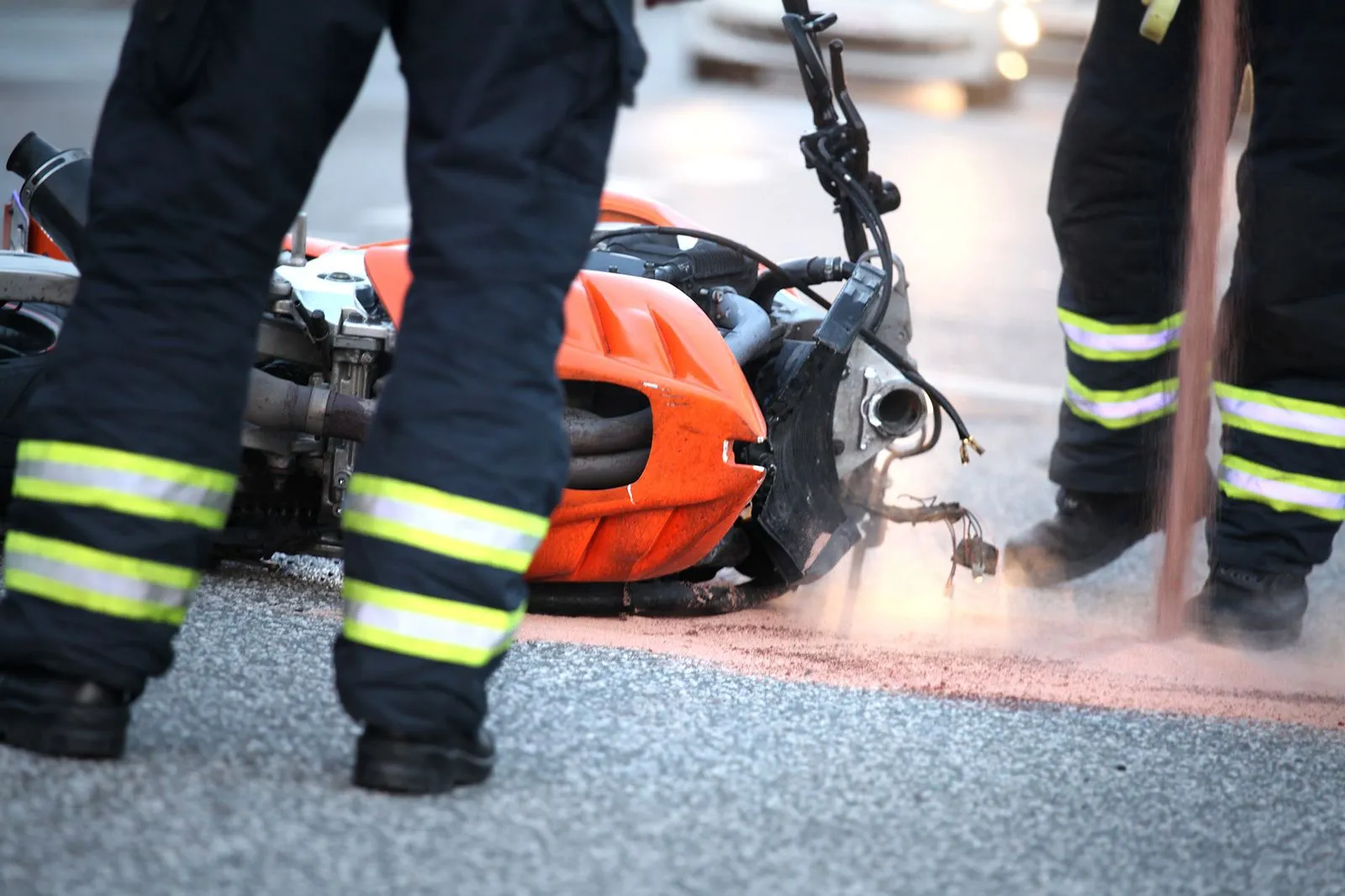Home » Practice areas » Personal Injury » Motorcycle Accidents

Motorcycle accidents can result in a wide range of injuries, some of which can be severe and life-threatening. Here are some of the most common injuries that can occur after a motorcycle accident:
It’s essential to seek medical attention immediately after a motorcycle accident, even if you don’t feel injured. Many injuries can be hidden or take time to manifest, and early medical intervention can help prevent further complications.

Determining fault after a motorcycle accident can be a complex process, and it typically involves a thorough investigation by insurance adjusters, law enforcement, and sometimes, accident reconstruction experts. Here are some factors that may be considered in determining fault:
It’s important to note that fault is not always clear-cut, and sometimes both parties may share some degree of responsibility for the accident. In such cases, the insurance companies may assign a percentage of fault to each party, and damages may be awarded accordingly. If you’re involved in a motorcycle accident, it’s advisable to consult with a qualified attorney who can help protect your rights and ensure that you receive fair compensation.

In California, the statute of limitations for filing a personal injury lawsuit related to a motorcycle accident is two years from the date of the accident, as stated in California Code of Civil Procedure section 335.1.
This means that if you were involved in a motorcycle accident, you have two years from the date of the accident to file a lawsuit seeking compensation for your injuries, property damage, and other losses. If you fail to file a lawsuit within this timeframe, you may lose your right to do so, and the court may dismiss your case.
It’s important to note that there are some exceptions to the two-year statute of limitations, and certain circumstances can toll or pause the clock, such as if the victim is a minor, if the defendant is a government entity, or if the victim was mentally or physically incapacitated at the time of the accident.
If you’re involved in a motorcycle accident, it’s advisable to consult with a qualified attorney as soon as possible to ensure that you meet all applicable deadlines and protect your rights.
A lawyer can be a valuable resource for anyone involved in a motorcycle accident. Here are some ways in which a lawyer can help after a motorcycle accident:
If you’re involved in a motorcycle accident, it’s advisable to consult with a qualified lawyer as soon as possible to protect your rights and ensure that you receive fair compensation for your losses.
Content, including images, displayed on this website is protected by copyright laws. Downloading, republication, retransmission or reproduction of content on this website is strictly prohibited. Terms of Use | Privacy Policy